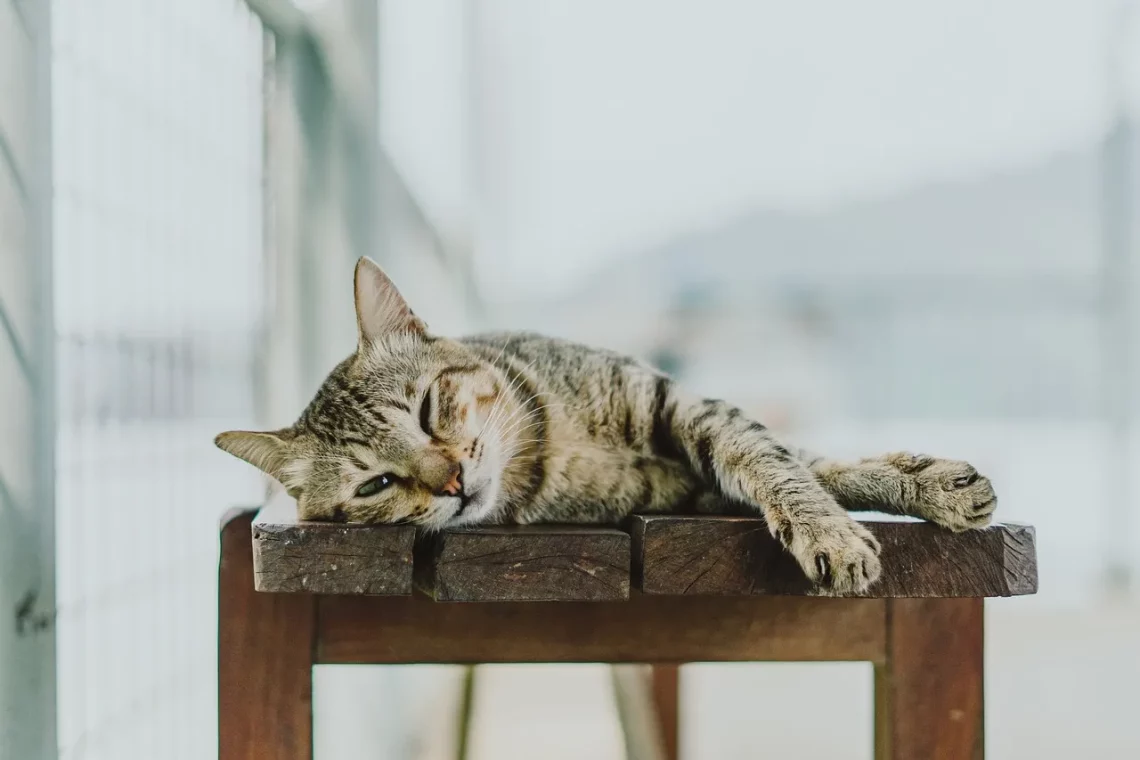
Unveiling Nature’s Miracle Cat: The Fascinating Benefits of Felines
Cats have captivated human hearts for centuries, serving as both companions and symbols of mystery. Their graceful movements, expressive eyes, and unique behaviors blend seamlessly into the tapestry of our lives. As natural hunters and playful spirits, felines have earned their place not just as pets but as cherished family members. The bond between humans and cats is one of mutual understanding and companionship, fostering a connection that transcends species.
In many cultures, cats are revered for their hunting abilities, often seen as protectors of homes and granaries. They possess a natural instinct that makes them exceptional at controlling pests, and their presence alone can deter rodents and insects. Beyond their practical roles, cats bring joy and comfort to their owners, providing emotional support in times of stress or loneliness. Their purring, often considered a soothing sound, has been shown to have therapeutic effects, lowering anxiety and promoting relaxation.
With their rich history and unique behaviors, cats are more than just pets; they are a source of wonder and inspiration. Delving into the fascinating benefits of felines reveals how these remarkable creatures enhance our lives. From their health benefits to their ability to bring joy and companionship, the allure of cats is undeniable.
The Emotional Benefits of Feline Companionship
Cats are not just adorable creatures; they offer profound emotional benefits to their owners. The simple act of petting a cat can trigger the release of oxytocin, often referred to as the “love hormone.” This chemical reaction not only enhances feelings of affection but also reduces stress and anxiety levels. Many cat owners report feeling a sense of calm and happiness when they are in the presence of their feline friends.
Moreover, cats are natural observers with a unique ability to sense their owners’ moods. They may curl up next to you when you’re feeling down or engage in playful antics to lift your spirits. This intuitive behavior fosters a deep emotional connection between cats and their owners, making them excellent companions for individuals dealing with depression or loneliness.
Another fascinating aspect of feline companionship is the way they encourage a routine. Cats thrive on structure, often establishing their own schedules for feeding, playtime, and rest. This can help their owners develop a sense of routine in their lives, promoting stability and a sense of purpose. Caring for a cat can also provide a sense of responsibility and fulfillment, particularly for those who live alone or are going through difficult times.
Furthermore, the presence of a cat can lead to increased social interaction. Cat owners often bond over their shared love for these animals, leading to friendships and connections that may not have formed otherwise. Whether through community events, online forums, or casual conversations with fellow cat lovers, the feline community can be a source of support and camaraderie.
In summary, the emotional benefits derived from feline companionship are multi-faceted. From reducing stress and anxiety to fostering social connections, cats play a pivotal role in enhancing our overall well-being. Their ability to provide unconditional love and support makes them invaluable members of our lives.
The Health Advantages of Having a Cat
Research has shown that owning a cat can lead to several health benefits for their human companions. One of the most notable advantages is the impact on heart health. Studies indicate that cat owners may have a lower risk of heart disease and stroke. The soothing presence of a cat, combined with the act of petting, can lower blood pressure and reduce stress levels, ultimately benefiting cardiovascular health.
Additionally, cats can be beneficial for mental health. The companionship of a pet can decrease feelings of depression and anxiety. Engaging with a cat, whether through play or simply enjoying their presence, can create a sense of purpose and reduce feelings of isolation. This is particularly important for individuals living alone or those dealing with significant life changes.
Moreover, the act of caring for a cat can have physical health benefits. Regularly grooming and playing with a cat encourages physical activity, which is essential for maintaining a healthy lifestyle. While cats are often seen as low-maintenance pets, they still require interaction and care, prompting their owners to stay active and engaged.
Cats also have a unique ability to improve mental sharpness. Engaging with a cat can stimulate the mind, particularly for older adults. The responsibility of caring for a pet can help keep cognitive skills sharp and may even reduce the risk of dementia. Activities such as playing with interactive toys or teaching a cat new tricks can be beneficial for both the cat and the owner.
It is important to note that while cats provide numerous health benefits, they should never replace professional medical advice or treatment. Individuals with allergies or other health concerns should consult with a healthcare provider to determine the best course of action.
The Social Impact of Feline Companions
Cats have a remarkable ability to bring people together, fostering social interactions and creating communities. Many cat owners find themselves part of larger social networks centered around their love for these animals. Online forums, social media groups, and local cat clubs provide platforms for sharing experiences, tips, and stories that strengthen bonds among cat lovers.
Community events such as cat shows, adoption drives, and fundraisers for animal shelters often draw in cat enthusiasts, providing opportunities to meet like-minded individuals. These gatherings can lead to friendships that extend beyond the realm of cats, creating a sense of belonging for many individuals.
In addition to social interactions among humans, cats also play a role in enhancing social dynamics within households. Families with children often find that cats can teach valuable lessons about responsibility, empathy, and compassion. Caring for a pet encourages children to develop nurturing skills and understand the needs of others, both animal and human alike.
Moreover, cats can serve as conversation starters. Whether it’s discussing a cat’s quirky behavior or sharing funny anecdotes, conversations about felines often lead to laughter and camaraderie. This can be particularly beneficial in reducing social anxiety, as the shared interest in pets can help break the ice in new social settings.
Furthermore, cats can act as social mediators. In multi-pet households or families, cats often serve as neutral parties, helping to ease tensions and promote harmony. Their playful nature can divert attention away from conflicts, encouraging positive interactions among family members.
In conclusion, the social impact of having a cat extends far beyond the individual. These animals foster connections, create communities, and enhance interpersonal relationships. The joy they bring to our lives is not just personal but shared, creating a ripple effect that enriches the lives of those around us.
In summary, the benefits of felines are multi-dimensional, encompassing emotional, health, and social advantages. Their unique companionship enriches our lives in countless ways, making them truly remarkable creatures.
**Disclaimer:** The health benefits mentioned in this article are based on general observations and research. This content is not intended as medical advice. For any health-related concerns, please consult with a qualified healthcare professional.




